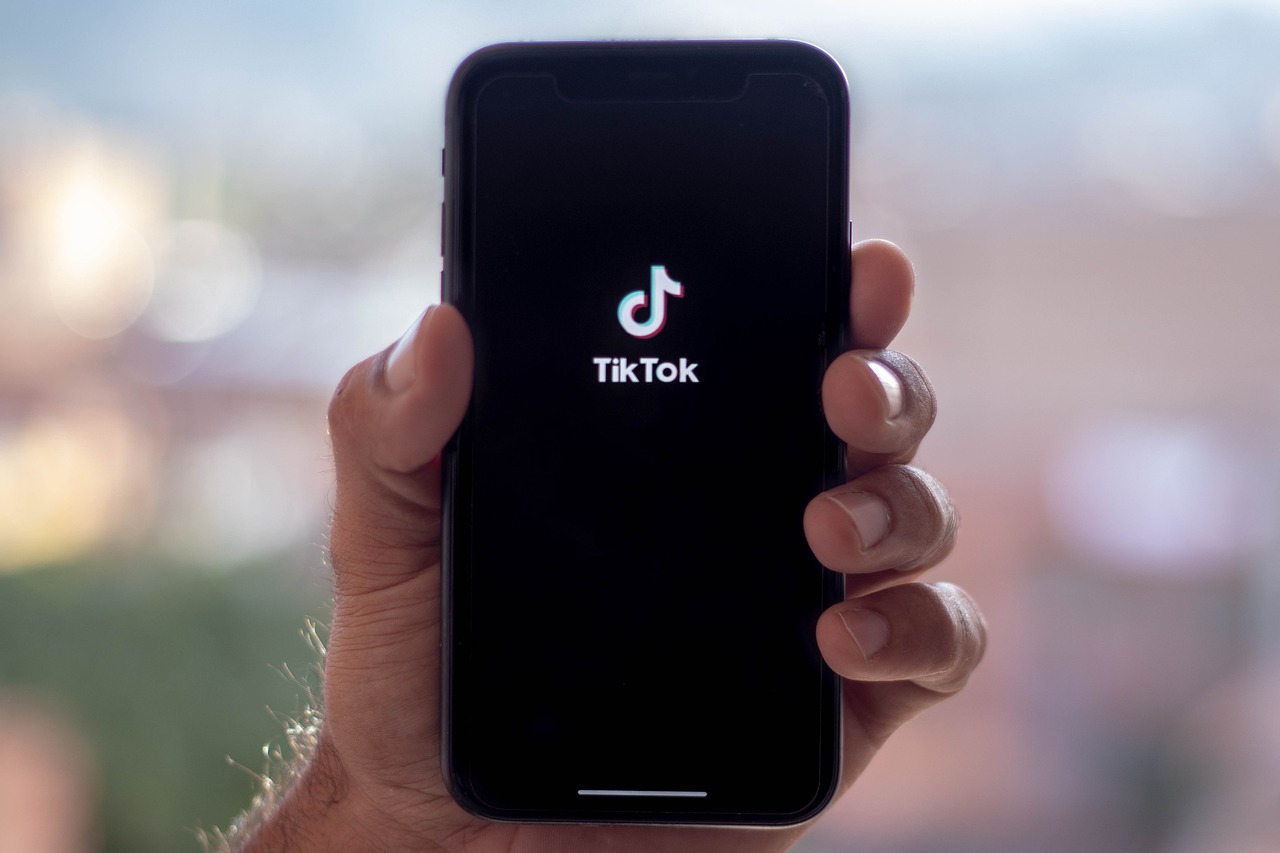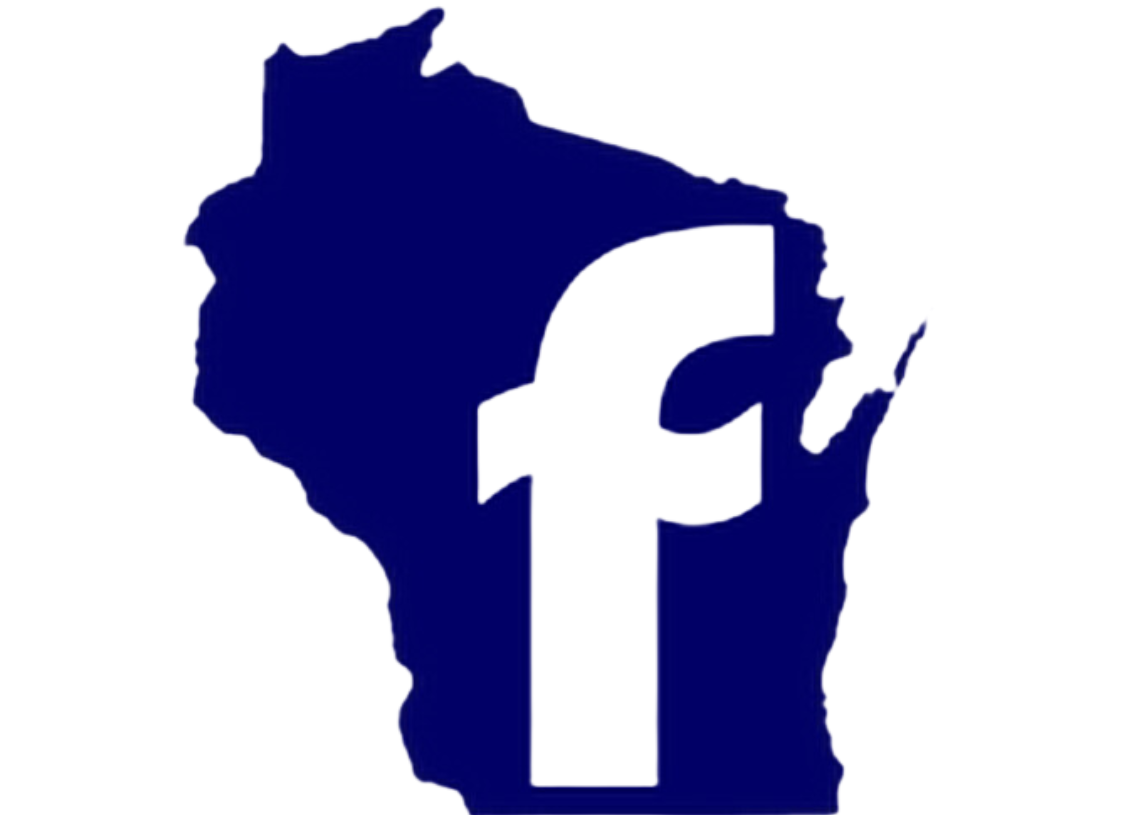
The Impact of TikTok’s Ban on Wisconsin Content Creators
In recent years, TikTok has emerged as a dominant platform for content creation and social interaction, particularly among younger demographics. For many in Wisconsin, TikTok has not only been a source of entertainment but also a lucrative platform for building personal brands, businesses, and careers. However, the potential ban of TikTok in the United States, driven by concerns over data security and national sovereignty, poses a significant threat to these creators’ livelihoods and digital identities.
Economic Impact
For numerous content creators in Wisconsin, TikTok has become a primary source of income. With its algorithm favoring creativity and originality, many local influencers, small business owners, and artists have garnered substantial followings, enabling them to monetize their content through brand partnerships, sponsorships, and direct sales. A ban on TikTok would abruptly cut off this revenue stream, forcing creators to seek alternative platforms and rebuild their audiences from scratch, a process that can be both time-consuming and financially draining.
Loss of Community and Influence
TikTok’s unique community-centric approach has allowed creators from Wisconsin to connect with followers from around the globe, fostering a sense of belonging and cultural exchange. The ban would disrupt these established communities, leading to a loss of influence and engagement. Creators who have spent years cultivating their presence on the platform would face the challenge of migrating to other social media networks like Instagram, YouTube, or emerging platforms, where their reach and influence might not be as potent.
Transitioning to New Platforms
While platforms like Instagram Reels and YouTube Shorts offer similar functionalities to TikTok, transitioning to these alternatives is not straightforward. Each platform has its own algorithm, audience, and content style, necessitating a strategic shift in content creation and marketing. Wisconsin creators will need to adapt their strategies to fit these new ecosystems, potentially altering their content style and engagement tactics to maintain their audience and visibility.
Psychological and Social Effects
For many creators, TikTok is more than just a platform—it’s a part of their identity and social life. The potential ban could lead to significant psychological impacts, including stress and anxiety over lost connections, diminished creative outlets, and the uncertainty of future prospects. The social interactions and support systems built within the TikTok community are invaluable, and their loss could lead to feelings of isolation and frustration among creators.
Opportunities for Innovation
Despite the challenges, the potential ban also presents an opportunity for innovation and diversification. Creators in Wisconsin might explore new content formats, collaborate with other influencers across different platforms, and develop more comprehensive digital strategies that do not rely solely on one platform. This could lead to a more resilient and diversified digital presence, ultimately benefiting creators in the long run.
Policy and Advocacy
The looming TikTok ban highlights the broader issues of data privacy, platform dependence, and digital sovereignty. Wisconsin content creators, along with others nationwide, may need to engage in advocacy efforts, pushing for clearer regulations and policies that protect users’ data while allowing for creative freedom and economic opportunities. Such efforts could lead to more robust frameworks that support and protect digital content creators across all platforms.
The potential ban of TikTok represents a significant upheaval for Wisconsin content creators, impacting their incomes, communities, and creative processes. While the transition will undoubtedly be challenging, it also offers a chance for innovation and diversification. By adapting to new platforms, advocating for better policies, and exploring new creative avenues, Wisconsin’s TikTok creators can navigate this uncertain landscape and continue to thrive in the digital age.
Comments
0 comments










